Published
- 09:00 am
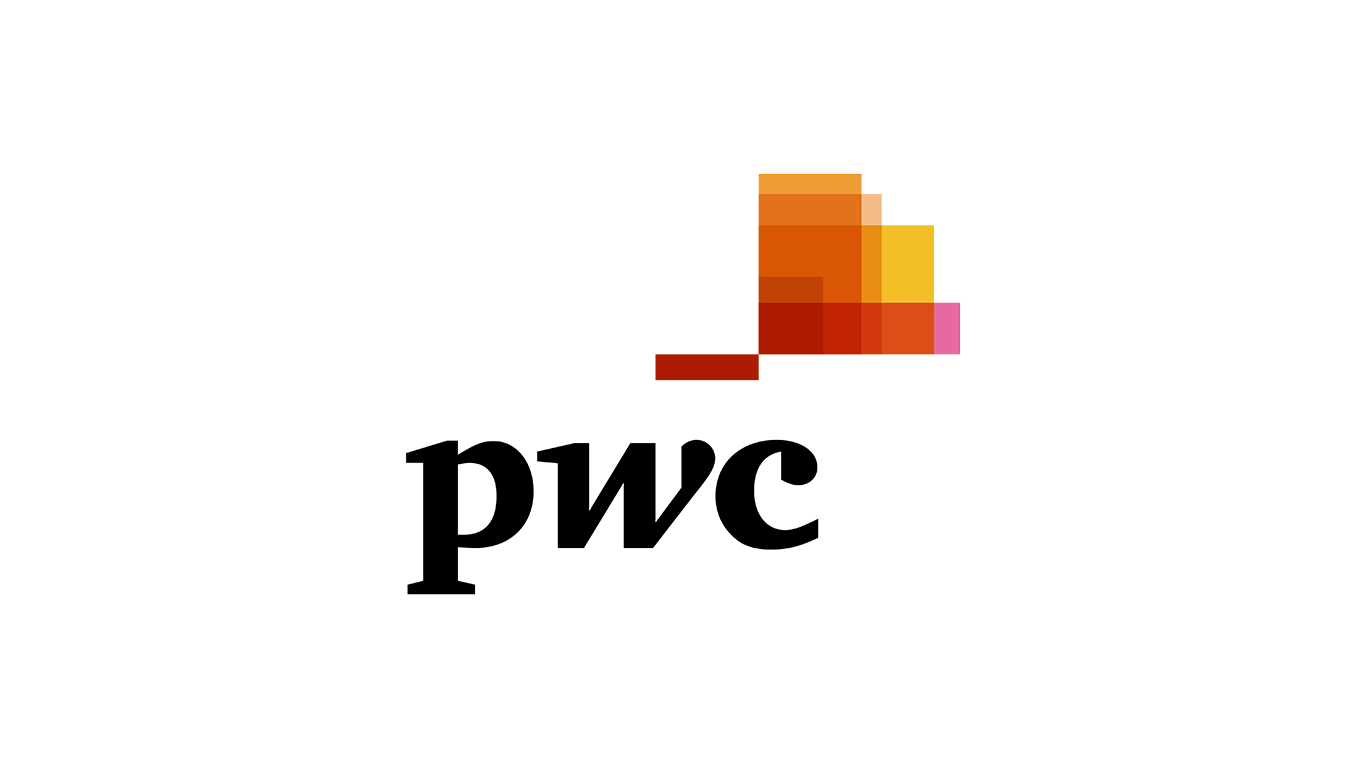
One in six (16%) asset and wealth managers globally are expected to be swallowed up or fall by the wayside by 2027, twice the historical rate of turnover, according to PwC's 2023 Global Asset and Wealth Management Survey, published today.
The report, based on PwC's latest industry projections and a survey of 250 asset managers and 250 institutional investors, paints the picture of an industry grappling with a set of challenges – digital transformation, shifting investor expectations, consolidation and "retailisation".
As a result, 73% of asset managers are considering a strategic consolidation with another asset manager in the coming months in order to gain access to new segments, build market share and mitigate risks.
Firms are also turning to technology to transform, with more than 90% of asset managers already using disruptive technological tools (including big data, AI and blockchain) to enhance investment performance.
A direct consequence of these pressures – and the drive to deliver at scale amid cost and competitive pressures – is that by 2027, PwC expects the top ten largest asset managers to control around half of all mutual fund assets globally, up from 42.5% in 2020.
Asset managers faced a tough year in 2022, with global assets under management (AUM) falling to US$115.1 trillion, nearly 10% below the 2021 high (US$127.5 trillion). This represented the greatest decline in a decade. The survey finds that inflation, market volatility and interest rate movements are by far the biggest concerns for both investors and asset managers over the next 12 to 24 months. However, AUM are expected to rebound by 2027, reaching US$147.3 trillion (representing a compound annual growth rate (CAGR) of 5%).
Olwyn Alexander, Global Asset & Wealth Management Leader, PwC Ireland, said:
"Existential challenges are sweeping the asset and wealth management industry against a backdrop of social, economic and geopolitical disruption. The choice is simple – adapt to the new context or fail. Firms that effectively leverage technology such as generative AI and robo-advisors, build meaningful inroads to new and existing customers, diversify their recruitment, and deliver exceptional client experiences will be well-positioned to not only survive, but thrive."
Other key findings and themes from the report include:
Asset and wealth managers are turning to AI, disruptive technologies and individualised indexing
PwC predicts assets managed by robo-advisers will reach US$5.9 trillion by 2027, more than double the figure of US$2.5 trillion in 2022. Individualised indexing is also gaining popularity, particularly among investors seeking tax optimisation benefits, as well as those interested in ESG, factor investing and algorithmic portfolio construction. Nearly 40% of institutional investors are planning to invest in custom indexing products in the coming 12 to 24 months, whereas almost half of asset managers expect to add individualised indexing solutions to their offering. By 2027, PwC expects direct indexed AUM to have more than tripled to US$1.47 trillion, roughly 1% of total AUM, while active ETFs are forecasted to rise from US$4.6 billion to US$1.1 trillion – accounting for 7.5% of the global ETF market by 2027.
Private markets to drive AWM growth and returns
The report demonstrates that as the global economy heads back into growth, and inflationary and interest rate pressures ease, global AWM revenues will bounce back to reach US$622.1 billion by 2027, topping the record highs of US$599.4 billion generated in 2021. PwC expects this increase to be led by a continued surge in private markets revenues, which will account for around half of global AWM revenues by 2027, up from 37.6% in 2020. Private markets, which represented 10.6% of AUM in 2022, will drive 49.7% of global revenues by 2027. Meanwhile, passives are set to drive just 6.4% of global revenues by 2027, despite accounting for 26.4% of global AUM in 2022.
APAC and emerging markets to set pace of growth
Asia-Pacific, along with emerging markets in Africa and the Middle East, will set the pace of growth in AUM. In PwC's base-case scenario, growth rates in Asia-Pacific will be roughly 50% higher than in North America by 2027. Previously slow industry expansion in the Middle East – due to complex regulatory environments – is expected to pick up, as AWM organisations seeking new markets for revenue growth have renewed impetus to make inroads into these highly valuable regions.
Purpose, DE&I and ESG are imperative
AWM organisations are embracing purpose-led growth and ESG in areas such as funding for the net-zero transition alongside imperatives to improve diversity, equity and inclusion (DEI) across the industry. More than half (57%) saw employees increasingly demand disclosures on the organisation's impact on the economy, with 50% demanding disclosures over ESG matters. However, only 37% say employers are taking action around improving DEI.
John Garvey, PwC Global Financial Services Leader, PwC United States, said:
"The rebound in equity valuations over the first six months of 2023 is a testament to the resiliency of the markets and the benefits of diversification. We're in fact already seeing the emergence of a new breed of investment firm: AI tech-enabled, customer-focused and prepared to operate across a wide range of asset types, both within and outside traditional asset and wealth management."
Related News

Risana Zitha
Managing Director and Head of Africa at DAI Magister
Africa’s see more
- 02:00 am
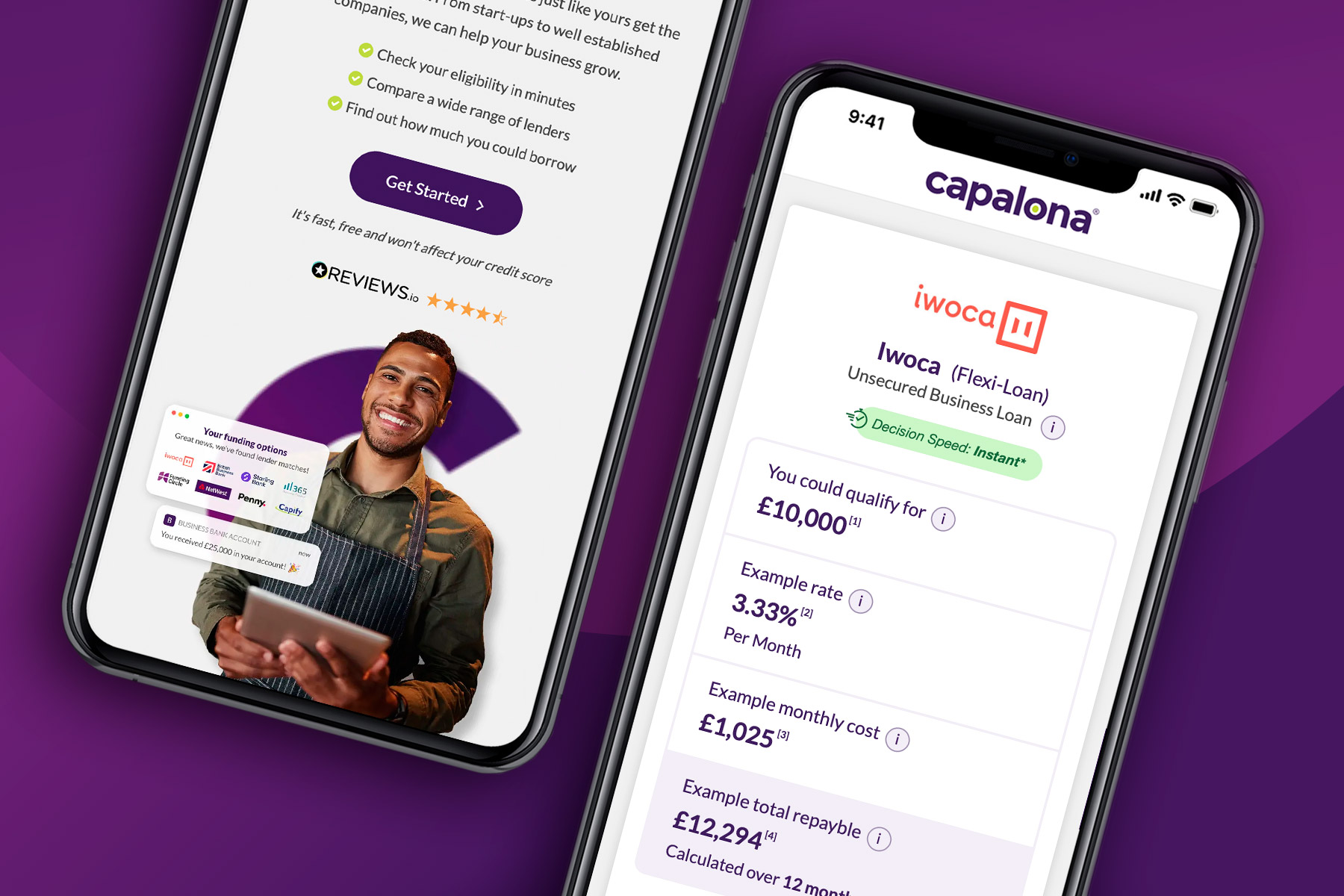
Capalona.co.uk is excited to announce its new and improved business loan comparison service, which now includes example costs of lender products, rates, monthly loan cost, and total repayable. There’s also now a ‘more details’ expandable panel to give borrowers more product information.
These updates make it even easier for business owners to make informed decisions about their funding options. The fintech brand has removed the need for business owners to speak with a broker, instead offering a self-serve tool presenting business finance options in just seconds.
Customers can now see and compare rates from each lender and product they’re matched with at a glance, improving their experience when searching and applying for business funding online.
The business loan comparison service is 100% free to use, and there’s no obligation to accept any loan offer.
North-Wales-based Capalona works with various trusted UK lenders using Open Banking to assess borrower eligibility, providing real-time lending options. They integrate with a range of bank and non-bank lenders, offering business loans, revolving credit facilities, invoice finance, merchant cash advance, and more.
The online business finance marketplace is free for business owners to use - everyone from Startups to established SMEs can use Capalona to access funding options and example rates with multiple lenders.
“Navigating the business finance landscape can be challenging, I’ve been there myself.” Says Rich Wilcock, Co-Founder at Capalona. “Searching for business finance is usually overwhelming for business owners; that’s why we created Capalona. We wanted a solution that made finding and comparing business finance as simple as possible. Our platform helps guide business owners to suitable lenders in minutes.”
“We’re continually evolving our comparison platform, and our next step is to embrace real-time data through Open Banking and Open Accounting. By harnessing this technology, we can not only serve our customers better by offering real-time offers but our lenders, too.” Says Simon Moorcroft, Co-Founder at Capalona.
“Combining indicative rates from lenders with our user-friendly interface, we help empower business owners to make informed financial decisions with ease.” Says Jamie Moorcroft, Co-Founder at Capalona.
Related News
- 09:00 am
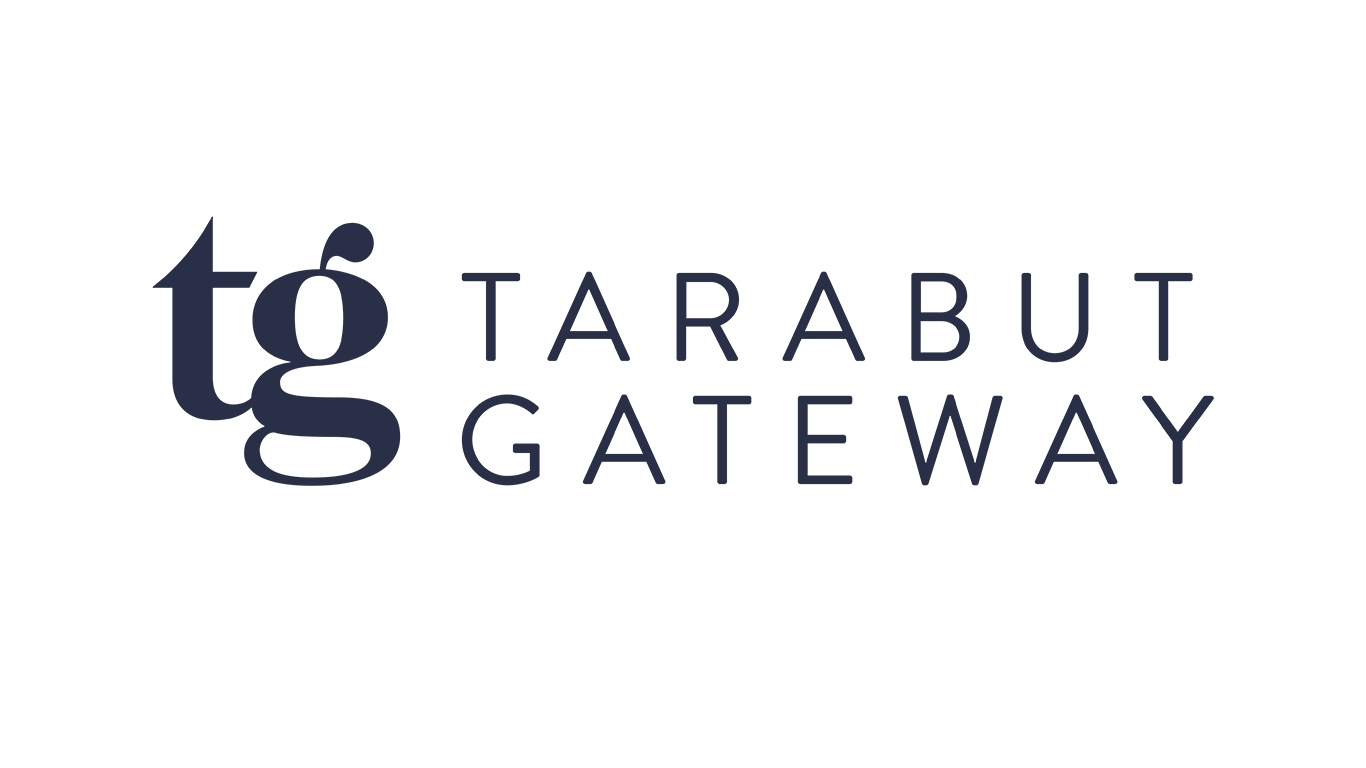
Tarabut Gateway, MENA’s leading open banking platform, announces the appointment of Tariq Sanad as its new Chief Financial Officer (CFO).
Tariq, a Bahraini national, is one of MENA’s renowned start-up veterans, boasting over 20 years of experience in the finance field. During this time, he has established himself as one of the region's most talented financial managers and entrepreneurs, excelling particularly in scaling growth start-ups post-Series A.
Tariq joins from Pure Harvest Smart Farms, where he served as CFO since 2020. The technology-enabled sustainable agribusiness is one of the highest-funded startups in the MENA region, with $387 million in funding. It has attracted capital from international institutional investors like Kuwait’s Wafra International Investment Company, the UK's Metric Capital Partners and the US-based global investment firm Franklin Templeton.
His career includes nine years in corporate finance roles at multinational consumer goods powerhouse - Procter & Gamble, where he managed billion-dollar consumer brands such as Gillette and Pantene.
Tariq was also among the first 100 team members at Careem, the first unicorn and super-app in the MENA region, where he served as the CMO & VP of Finance starting in 2015.
Abdulla Almoayed, Founder and Chief Executive Officer at Tarabut Gateway, said:
"It is a pleasure to welcome Tariq to our team at Tarabut Gateway as we universalise open banking across the MENA region. His exceptional track record and leadership as a finance and marketing leader gives him deep expertise and insight into the intricacies of a growing business operation. Tariq joins as we rapidly expand operations region-wide, further enriching our team of world-class talent.”
Tariq Sanad, Chief Financial Officer at Tarabut Gateway, added:
"I am thrilled to join the dynamic team at Tarabut Gateway as Chief Financial Officer. There is nothing quite like the challenges of developing a start-up’s original vision into a success story that benefits consumers, businesses, and the wider society. Open banking is one of the most promising sectors in the region, brimming with opportunities, particularly in the Kingdom of Saudi Arabia. I eagerly anticipate transforming this incredible start-up, which originated from my home country of Bahrain, into another success story for the region."
Tariq joins Tarabut Gateway following the company's recent $32 million Series A fundraise and will focus on further institutionalising the company and supporting its expansion in the Kingdom of Saudi Arabia, where the company was one of the first fintechs to recently receive an Open Banking Certification from SAMA.
Tariq's appointment is the latest example of Tarabut Gateway's efforts to recruit top-tier talent to build a passionate team that propels its rapid growth. Recent hires include Chun Ong as Chief Operations Officer, previously Chief Operations Officer at Molo (UK’s leading digital mortgage lender); Nino Ocampo as Chief Product Officer, formerly the Global Head of Open Banking at HSBC; and Mitul Sudra, who co-founded OpenWrks, as Chief Technology Officer.
Tarabut Gateway provides platform-agnostic solutions for banks, lenders, and fintechs to build personalised and streamlined financial products and apps. The Company is building an open banking infrastructure across KSA, the UAE, and Bahrain, with plans for further MENA expansion.
Related News
- 08:00 am

UK FinTech funding has dipped in the first half of 2023, as total cash raised by UK fintech firms reached $2.9 billion in the first six months, showing a 37 per cent decrease compared to the later half of last year, according to new figures from industry body Innovate Finance.
Investment has also appeared to have declined alongside funding, as 111 of the 199 deals taking place in the first three months of the year, £2 billion worth the total.
As market conditions prove themselves to be unpredictable, global FinTech funding has taken a hit dropping from 2,500 deals with a total capital investment of $31,7 billion in the second half of 2022, to 1,714 deals worth $27.3 billion in the first half of 2023.
The slowdown comes following a difficult 12 months of global fintech funding as investors turn their back on loss-making, high-growth start-ups amid turbulent market conditions.
Wayne Johnson, CEO & Co-Founder of Encompass Corporation, commented: “It is important to build investor confidence in FinTech given the necessity of innovative solutions, and at a time when the technology behind these is evolving rapidly. We must continue to drive game changing efficiencies for banks, with automation technology, for example, improving processes and output, while ultimately contributing to the UK’s wider aim of becoming a science and technology superpower.
“Especially when considering key issues such as fighting financial crime, the latest in technology has a central role to play. Leveraging Know Your Customer (KYC) process automation, for example, to deliver real time digital risk profiles can save institutions hours and ensure continuous compliance. With the rise in tech innovation over recent years, it is important that investment remains high to continue facilitating digital transformation and the development of emerging technologies throughout the sector, which can positively impact the wider UK economy.”
Steven Mooney, CEO of FundMyPitch, commented:
“Funding for SMEs is absolutely vital if the nation wishes to reach economic stability and future growth, especially in sectors such as the FinTech sector that drives innovation and attracts international investment. The UK has always been seen as an international financial hub and retaining this position will only be possible if funding into the SMEs that support its developments is provided. The lack of financial backing will hold back small and medium-sized businesses that offer huge potential. We must get ahead of the game and prioritise making finance accessible to businesses, offering tools and platforms that support this, ultimately allowing our nation to grow, building sectors, such as the FinTech sector, that will promote international relations.”
Related News
- 06:00 am
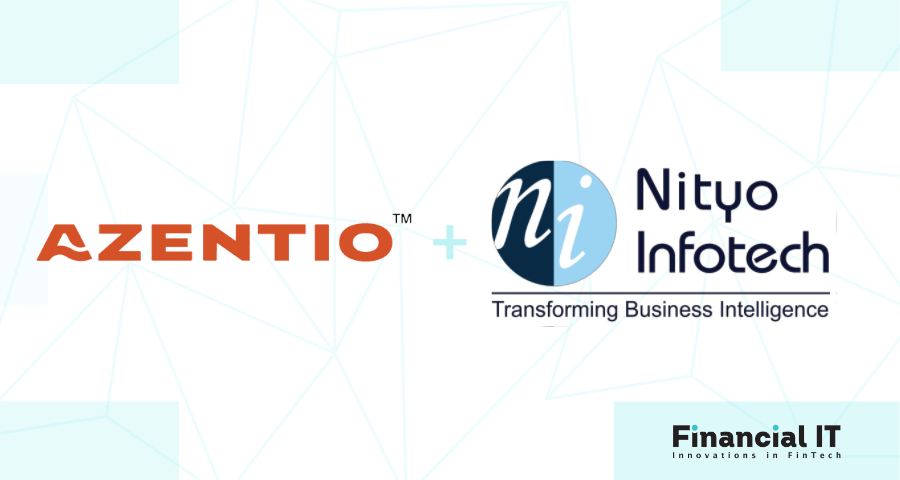
Azentio Software (“Azentio”), a Singapore-headquartered technology firm owned by funds advised by Apax Partners, and Nityo Infotech, a global IT services company, today announced a formal partnership aimed at providing innovative and comprehensive technology solutions to the Banking, Financial Services & Insurance (BFSI) industry.
The partnership brings together the proven expertise and deep industry knowledge of Azentio and of Nityo Infotech in IT services and consulting, to increase operational efficiency and accelerate transformation as BFSI service providers dig deeper into digitalization. As per the agreement, Nityo Infotech becomes Azentio’s reseller as well as implementation partner, focusing more on the BFSI domain.
This partnership will give Nityo Infotech’s clients access to Azentio’s innovative and comprehensive software product suite for different financial services areas, such as lending, trade finance, Islamic banking, treasury, factoring & supply chain finance, risk management, wealth & investment management, and insurance. Azentio offers these solutions under three comprehensive technology platforms, namely, Azentio ONEBanking, Azentio ONECapitalMarkets and Azentio ONEInsurance.
Meanwhile, Azentio’s clients will get access to Nityo Infotech’s complete range of IT consulting services, including staffing, quality assurance, project management and implementation.
Krish Narayanaswami, Managing Director - Banking, Financial Services, and Insurance at Azentio, commented, “BFSI organizations today are increasingly exploring and adopting digitalization, while also looking forward to maximizing returns from their investments in IT as competition mounts. With our combined strengths and respective domain and IT consultancy proficiencies, we will ensure that they get the maximum value from their IT investment as well as superior business results.”
Naveen Kumar, Founder and CEO of Nityo Infotech, stated, “We are excited to partner with Azentio to deliver digital transformation solutions and services to help our clients gain a competitive edge. Our collaboration will enable us to provide end-to-end services to meet the ever-changing client needs.”
Brijendra Singh, Global Head - Partnerships & Strategic Alliances, BFSI, at Azentio, said, “Backed by Nityo Infotech’s strengths in IT consulting services and implementation, Azentio now becomes a compelling strategic partner for BFSI companies who want to leverage the latest in financial software to innovate at speed, reduce time-to-market, optimize conversions, and increase revenue.”
Elie Estephan, Senior Vice President - Banking Practice & Financial Banking Products at Nityo Infotech, added, “Azentio has a proven track record of helping BFSI companies leverage technology innovatively to drive growth and meet their strategic goals. Nityo Infotech, meanwhile, has over 23,000 skilled IT service professionals spread across 62 locations. These professionals have the necessary experience and skills to perfectly complement Azentio’s agile implementation methodology and time-to-value.”
Related News
- 05:00 am

As the world progresses further into the digital age, the convergence of disruptive technologies like AI and Blockchain has paved the way for unparalleled business efficiency. This convergence is more than a simple union of technologies, it’s an amalgamation that could revolutionize the way businesses operate, bringing about new paradigms in efficiency, security, and scalability.
One of the most promising intersections of technology is the convergence of Blockchain, IoT, and AI. Together, these technologies bring about a myriad of possibilities. Blockchain provides a secure and transparent mechanism for recording transactions, IoT devices generate massive amounts of valuable data, and AI has the power to analyze and learn from this data, delivering intelligent insights and automating processes.
The union of these technologies allows businesses to establish a robust and secure environment that fosters data integrity, seamless data sharing, automated transactions, and real-time insights. It opens the doors to a plethora of applications across sectors such as healthcare, logistics, supply chain, and finance.
Why it Makes Sense to Combine AI with Blockchain
Pairing blockchain and AI can create an ecosystem that is greater than the sum of its parts. Blockchain can provide the decentralized, secure infrastructure that AI needs to operate effectively, while AI can analyze and learn from the data stored on the blockchain, increasing its utility and potential applications.
AI can bring about several improvements to blockchain technology. Its ability to analyze vast amounts of data can help optimize blockchain operations, reduce energy consumption, improve scalability, and potentially enable the creation of more efficient consensus algorithms.
Blockchain technology facilitates the implementation of smart contracts, digital agreements that automatically execute transactions when certain conditions are met. When integrated with AI, smart contracts can provide a level of automation that significantly increases operational efficiency and reduces costs.
For instance, in supply chain management, smart contracts could trigger automatic payments once AI systems verify the successful delivery of goods, eliminating the need for manual verification and processing, thus significantly reducing transaction times and costs.
Digital identity management is a critical aspect of modern business. With an increase in online interactions, the need for a robust and secure identity verification system has grown exponentially. Blockchain can offer this solution. Through a decentralized, immutable, and transparent system, it provides a robust mechanism for managing digital identities.
Incorporating AI into this mix further enhances the system's capabilities. AI can aid in detecting fraudulent activities and provide additional layers of security through biometric authentication methods, ensuring an extremely high level of security and trust.
The convergence of AI and blockchain offers an efficient solution to the challenges of data privacy, security, standardization, and scalability. Blockchain ensures data privacy by securing data in an immutable ledger, visible only to authorized parties. Meanwhile, AI's capacity for data analytics can help to identify security vulnerabilities, predict potential risks, and create a more secure digital environment.
The increasing trend towards integrating AI and blockchain is backed by substantial research. A bibliometric-content analysis shows a surge in academic and business interest in the potential benefits of combining these technologies. From AI-powered smart contracts to blockchain-based data security, the potential applications and benefits of this convergence are immense.
Filling the Investment Gap for AI and Blockchain
Despite the promising potential of AI and blockchain convergence, there exists a notable investment gap. To fully exploit these technologies' capabilities, businesses and governments must prioritize investment in research, development, and implementation. This would not only fuel business transformation but also drive a green and digital economy.
The future of business lies in the effective integration and utilization of digital technologies. AI, blockchain, cloud computing, and data analytics are integral parts of this transformation, each playing a vital role in shaping business models, operations, and strategies.
To embrace the new dawn of business efficiency, businesses must be ready to step into the world of AI and Blockchain convergence, leveraging their combined potential to create a sustainable and prosperous future. The possibilities are limitless, and the opportunity is ripe for the taking. It's not a question of if, but when.
Related News
- 03:00 am

Protecht today announced the launch of its enhanced Vendor Risk Management module to enable businesses to mitigate risks with third-party vendors. Protecht is a leader in Enterprise Risk Management (ERM) software and services globally.
With the growing reliance on third-party vendors and increasingly complex relationships driven by digital transformation, businesses need to guard themselves against risks posed by these relationships. System outages, data breaches of personal information and cyber fraud are now common events arising from third-party risks. Boards, regulators and customers now have greater expectations for management of these third-party risks.
Despite this stakeholder pressure on businesses to apply better risk management oversight to their supply chain risks, many organisations are either unaware of vendor risks or do not have the adequate resources allocated to support a robust approach to managing the full lifecycle of the vendor relationship – onboarding, continual monitoring of active vendors and finally the offboarding process.
Protecht’s Vendor Risk Management module addresses these by delivering a single source of truth for end-to-end visibility of vendors. The solution enables vendor managers to risk rank vendors and prioritise their workload, monitor third parties on an ongoing basis beyond when they are onboarded, and integrate vendor risk management with the broader organisation's objectives, performance, and risk profile. Vendors can respond to governance and security questionnaires in an easy-to-use dedicated vendor portal.
Protecht’s Vendor Risk Management solution seamlessly integrates with Protecht ERM and includes:
· A centralised workspace for vendor managers to manage data, identify weakness, and prioritise and manage risk remediation
· A simple, secure portal for vendors to provide information, improving third-party collaboration through real-time communication, and data collection
· A user-friendly interface and analytics dashboard to easily access, analyse and report on all vendors throughout the relationship lifecycle
· Customisable and industry-standard automated vendor security and regulatory questionnaires
· Workflow alerts and reminders to optimise productivity
“Our mission at Protecht is to help businesses proactively manage and mitigate all components of an enterprise risk framework – be it operational risk, regulatory risk, IT risk and resilience, or in this case vendor risk. We know that organisations are wary of the risks posed by external vendors, but they might not have the right tools to support an effective vendor risk management program. We are here to change that and empower businesses to build more insightful relationships with their vendors based on trust and security.” said David Bergmark, Chief Executive Officer, Protecht.
Effective vendor risk management is an integral part of an organisation's resilience, helping to avoid supply chain disruption, and recover faster should an event occur.
In the UK and the EU, regulatory changes for the financial sector place strong emphasis on third-party risk management that cannot be ignored. The Bank of England, the Prudential Regulation Authority (PRA) and the Financial Conduct Authority (FCA) have set out potential measures to strengthen and ensure that financial services firms are accountable for the resilience of services provided by critical third parties (CTPs). Similarly, the EU’s Digital Operational Resilience Act (DORA) is enforcing obligatory rules for third-party risk management, with accountability at a senior management level.
“These rules make it paramount that firms consider and implement robust vendor risk management to protect organisations from financial loss, reputational damage, and legal liabilities associated with their vendors. Just as importantly it also helps build stronger relationships with external vendors through increased visibility and transparency.” said David.
Related News
- 03:00 am
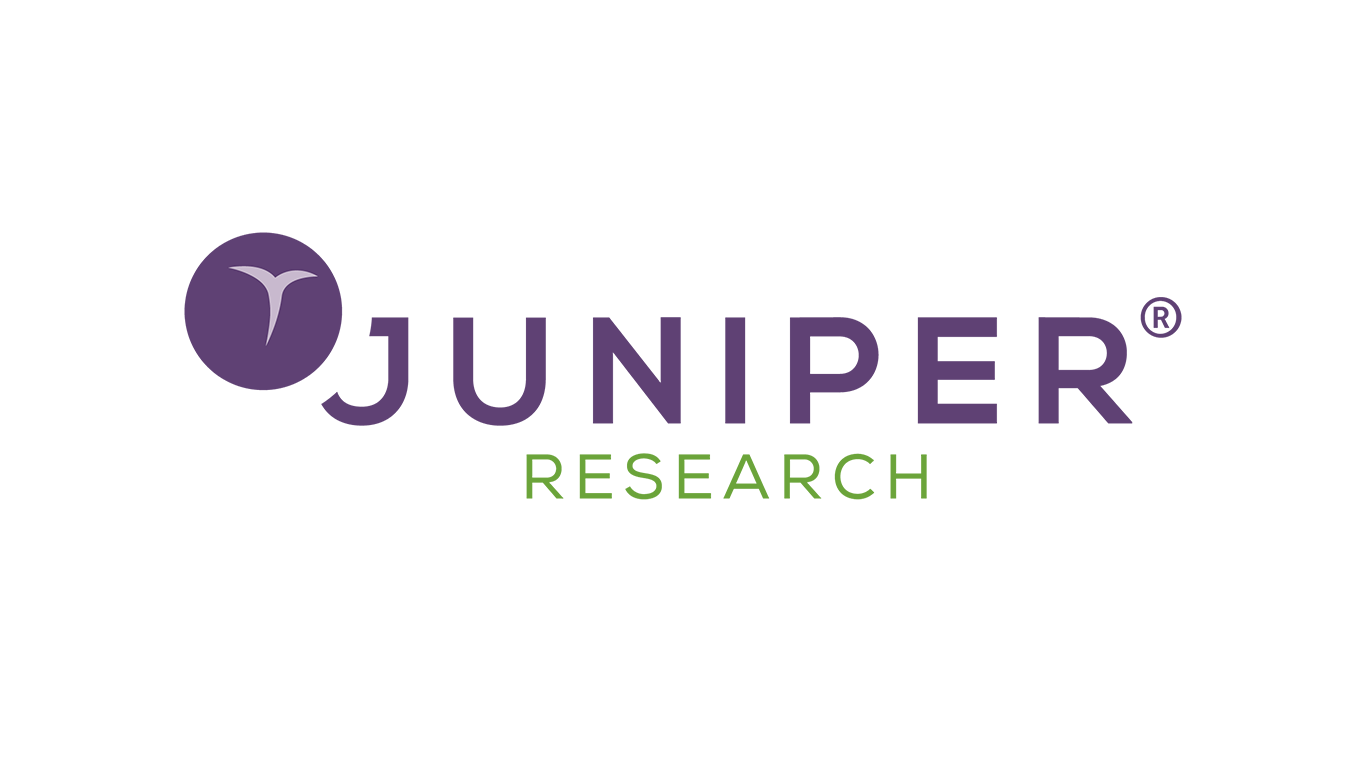
A new study from Juniper Research, the foremost experts in emerging payments, found the total value of digital wallets transactions will rise from $9 trillion in 2023 to surpass $16 trillion in 2028, growing by 77%.
This trend is driven by growth across both developed and developing markets, as increased adoption of advanced services such as BNPL (Buy Now Pay Later), microloans and personal financial management drives end-user engagement. The study found that in a highly congested wallets landscape, diversifying their appeal to users is vital.
A digital wallet is a software-based system that can act as a storage mechanism for a user’s payment, identity, loyalty, or ticketing information.
For further details, see the new report, Digital Wallets: Platform Analysis, Key Trends & Market Forecasts 2023-2028, or download a free sample.
Advanced Services to Create New Revenue Streams
The report identified advanced services as a key source of revenue growth for digital wallets. Advanced services, such as BNPL or microloans, are allowing digital wallet providers to diversify their revenue. The popularity of BNPL, especially among younger consumers, will draw greater numbers of users, and generate additional revenue. This approach can be seen with Apple’s roll-out of numerous add-on services, including Apple Pay Later.
Research author, Michael Greenwood, added: “Advanced services give digital wallet providers an opportunity to differentiate themselves in a congested market and generate additional revenue. Super app strategies, which many digital wallets are pursuing, will rely on the effective deployment of advanced services at scale.”
Security & Convenience Key Drivers for User Adoption
The research found security benefits are a key driver of digital wallet use in eCommerce in developed markets. Many consumers do not wish to enter card information online. With digital wallets, this issue is reduced, as tokenisation enables card and other payment information to be used in a highly secure way. The research also identified that as digital wallets become broader, including elements of digital identity, convenience will play a greater role; enabling wallet services to act as more of an all-inclusive app for financial wellbeing.
Digital Wallets market research: https://www.juniperresearch.com/researchstore/fintech-payments/digital-wallet-research-report
Download the whitepaper: https://www.juniperresearch.com/whitepapers/digital-wallets-creating-next-generation-super-app
Related News
- 01:00 am

FOO, an award-winning B2B fintech solutions provider headquartered in the UAE, has partnered with the Bahrain-based payment services provider and card processor, Infinios Financial Services B.S.C (C). By combining their technology and expertise, the two market-leading companies will deliver an out-of-the-box Digital First Card Issuance Platform.
The Digital First Card Platform is designed to enhance digital offerings for businesses across industries, ultimately improving the end user’s customer experience. The platform works by delivering instant, easy-to-use virtual and physical cards which can be used for e-commerce transactions or app payments.
This partnership between FOO and Infinios will enable businesses to adapt to the market and meet consumer demands for secure and convenient payment solutions. With this, financial institutions, telecommunications companies, and retailers can now embrace the power of fintech to provide their customers with a seamless purchasing experience. The full-fledged Digital First Card Platform includes smooth onboarding, instant digital card issuance, real-time card management, and secure online and in-store payments.
Ghady Rayess, Managing Partner at FOO, comments: “In a world where technology and innovation thrive, consumers worldwide have elevated their expectations, demanding seamless experiences across all touchpoints in their daily lives. With this partnership, we will accelerate the pace of digital advancement by empowering our clients to create feature-rich customer financial services, through scalable solutions.“
FOO specializes in developing solutions in-house using a modular platform consisting of micro-services, to provide highly personalized products that empower digital transformation. Infinios, through its integrated processing technologies, regulatory licenses, and payment network memberships, provides banking-as-a-service enabling Fintechs, brands and digital platforms to embed financial services into their own products leveraging Infinios’ API’s. Together, the two companies will deliver a complete turnkey solution encompassing all the necessary elements to enable virtual card issuance services within any industry. The integration process is made simple through easy-to-integrate APIs, allowing for an exceptionally swift time-to-market.
Andrew Sims, Co-founder and CEO at Infinios, added: “This strategic alliance represents a continuation of our strategy to enable fintech companies to rapidly develop their own digital financial services products leveraging our banking-as-a-service. The partnership approach leverages our combined strengths to deliver innovative solutions and address new opportunities, marking exciting times for our existing and potential clients, and the industry as a whole.”









